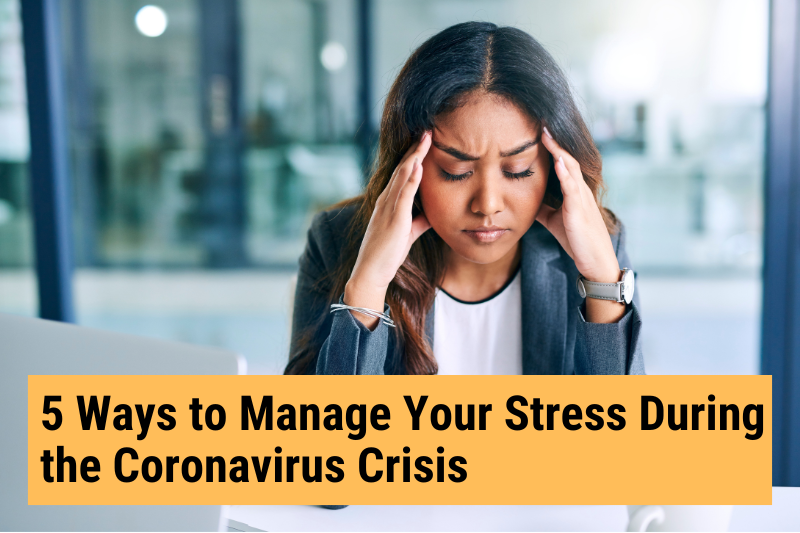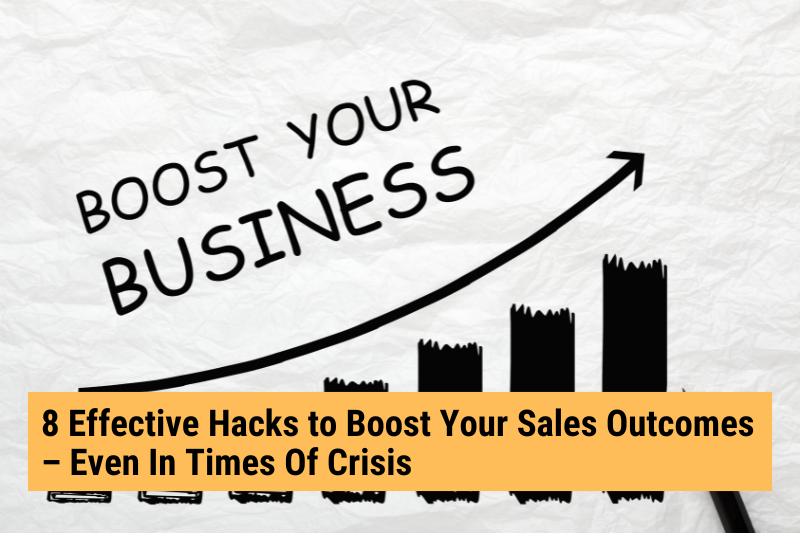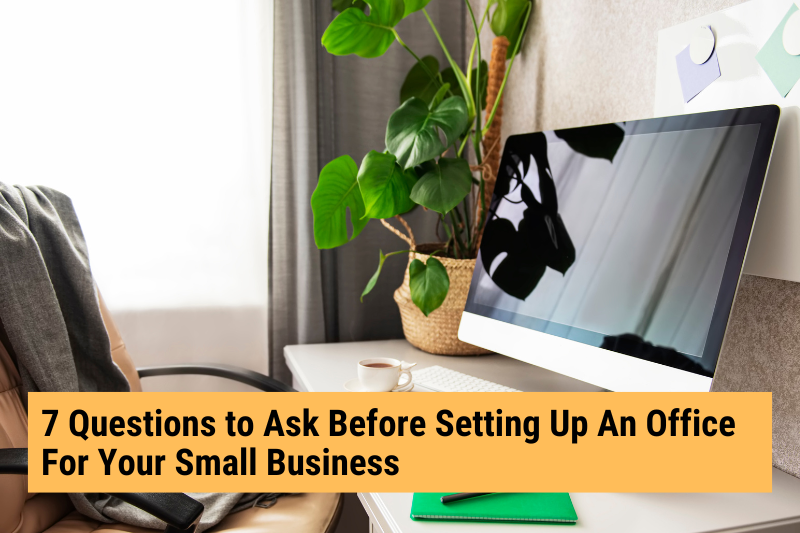The existence of the by now-infamous novel Coronavirus was first reported on 31st December 2019.
Since that first outbreak in Wuhan, China, over 2,173,432 have been infected with Coronavirus and over 146,291 people have died of the disease it causes – COVID-19.
As of April 2020, the global population is approximately 7.8 billion, one-third of which is currently on Coronavirus lockdown.
If you are living in a country that is currently in lockdown or promoting some form of social isolation), you ‘re probably feeling stressed, anxious or worried. This is completely natural.
Science has proved that some amount of stress is actually good for us. It enables us to set goals, motivates us and gives us the push we need to take appropriate action to meet those goals.
However, chronic stress – the condition where our stress system stays activated for a prolonged period of time – has the exact opposite effect. Too much stress weakens our mental and psychological response system, affects our immunity and makes us vulnerable to physical illness. That’s why it’s so critical that we manage our stress levels.
With the right strategies, you can manage your stress response and get through this trying time without losing your peace of mind. Here are 5 of our top recommendations:
#1: Practise deep breathing
According to The American Institute of Stress, deep focused abdominal breathing is one of the best ways to relieve stress and promote relaxation.
To incorporate deep breathing into your daily schedule right from the moment you wake up, try these ideas:
- Lie on your back, place both hands on your stomach and relax your shoulders. Take a long deep breath for 10 seconds, hold for 5 seconds and exhale slowly for 10 seconds. Do at least 20 such inhale-hold-exhale cycles.
- Combine deep breathing with visualisation: Sit in a comfortable space and close your eyes. Visualise hot air flowing entering your body through the soles of your feet, moving slowly up through your abdomen and filling your lungs. Relax your muscles and breathe in. When you exhale, reverse the visualisation and imagine the hot air moving through your body in a downward direction and leaving through the soles of your feet. Practise this for at least 10 minutes every day.
- Yogic breathing techniques like Ujjayi Pranayam or Kapalabhati are also great for relaxation and stress management.
#2: Be mindful of your thoughts
Our feelings of stress and anxiety usually start with our thoughts. Have you noticed how some people thrive under stress while others fall apart? That is because the former have better control over their thoughts and are able to channel them into more beneficial directions.
No matter what’s happening, make a conscious effort to remember that you can control your thoughts. Decide what you’d like your first thought of each day to be. Choose intentionally and choose well. As soon as you wake up, move your mind towards those thoughts. Breathe deeply and regularly. If you find your mind wandering, observe your passing thoughts without judgment and gently bring your attention back to your breath.
#3: Take care of yourself
When we’re stressed, we often become careless about eating and sleeping well. However, if there is one occasion where we really need to take care of ourselves, it is during times of high stress.
Eat a healthy diet. Avoid junk food, sugary sweets and salty snacks. Hydrate well – with water, not with aerated drinks or caffeine.
Regular and good quality sleep is also crucial. Go to bed at the same time each night. In addition to your own bedtime, it is important to identify a ‘digital bedtime’ as well. Turn off all digital devices and keep them away from your bedside. If you have trouble falling (or staying) asleep, read a (boring) book or jot down your thoughts on a pad of paper until you feel sleepy.
Try to wake up at the same time each morning as well. A regular sleep schedule will keep your circadian rhythms and stress levels in check.
#4: Make real connections with real people
Social media had taken over our world long before it was hit by the meteor called Coronavirus. And now that social distancing is a recommended strategy to keep ourselves safe, social media has taken on even greater meaning.
There’s nothing wrong with wanting to connect with a ‘tribe’ of like-minded individuals via social media. If these connections are meaningful, great! However, sacrificing real life connections to rely solely on these virtual connections is not the best way to manage our stress.
But is it possible to more meaningful connections offline when social distancing is the new normal? Yes, it is. Even when you have to keep a physical distance from people, you can get closer to them mentally and spiritually. Here are some ways:
- Tell your family members that you love them.
- Send messages of gratitude to your co-workers.
- Tell your neighbours that you value them.
- Thank your neighbourhood cleaner for making a difference in your life.
- Ask your extended family members how they’re doing. Simply giving a listening ear as they talk about their stress can help you cope with your own anxiety.
#5: Change your viewpoint
Make a conscious effort to stay away from all the doom and gloom regularly peddled in the media. Change the story you hear and the story you tell yourself. Rather than focusing on what’s going wrong in the world now, focus on what could go right in future.
Think of the current remarkable period in our collective lives as a harbinger of a wonderful purpose for humanity and for you. Take note of the people who are serving the greater good in response to the crisis and take inspiration from them. You can do the same in order to find meaning in your own life.
Conclusion
As we live through the Coronavirus crisis, we often feel that the sky is falling and there is no tomorrow to look forward to. Don’t judge yourself for feeling this way. However, you can stop feeling this way if you take care of yourself and manage your stress.












0 Comments